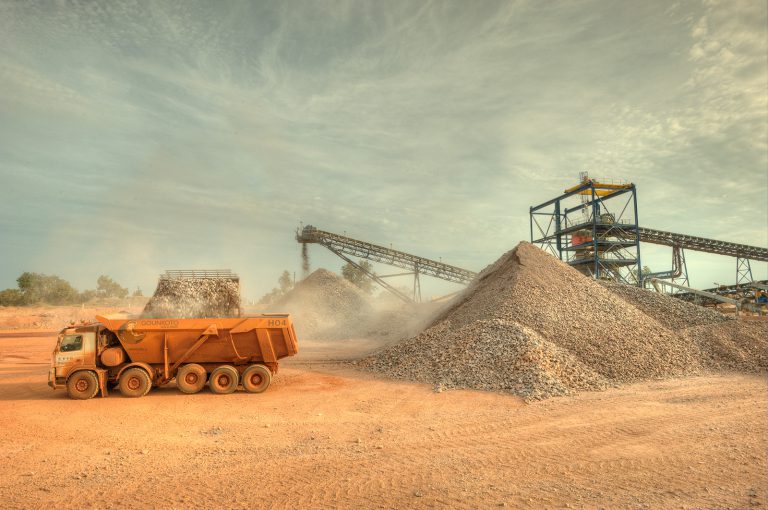Mali’s Parliament has passed a new mining code that is set to guarantee the nation greater economic benefits from mineral extraction, months after the government announced a review of regulations in the mining sector.
The new code will now allow the government of Mali to control 10% of the stake in mining projects in the country and an option to further increase the stake to 20% within the first two years of commercial production.
Further, the code stipulates that local investors will henceforth have the right to hold a 5% stake in mineral extraction sites operated by foreign companies.
Read Also: How Mining in DRC Holds Key to Energy and Economic Development
Besides the regulations on ownership of mining projects, the new code will also seek to increase revenue raised by the State through taxes in a bid to ensure maximum benefits to the people of Mali.
The code, according to Mali’s Mines Ministry, will increase the contribution of the mining sector to GDP from the current 9% to the region between 15% and 20%.
If assented to by the President, the review will see Mali generate up to $800 million per year from the mining sector.
Mali’s Lucrative Mining Sector
Despite the political uncertainties posed by coups, Mali is a leading producer of gold with data from GlobalData showing that the West African nation was the 15th largest producer of the precious mine.
In 2021, gold accounted for 80% of Mali’s exports manifesting the importance of gold mining to the economy.
In addition to gold, Mali’s subsoil is also rich in iron ore and uranium- among other mineral deposits.
Also Read: Tanzania Charms Investors Ahead of Mining and Investment Forum 2023
However, foreign mining companies control a big share of gold mining in the country which explains efforts by the State to promote local interest and ensure maximum benefit.
The new code now adds to the list of mineral-rich African countries striving to ensure maximum socio-economic benefits to the local population.

